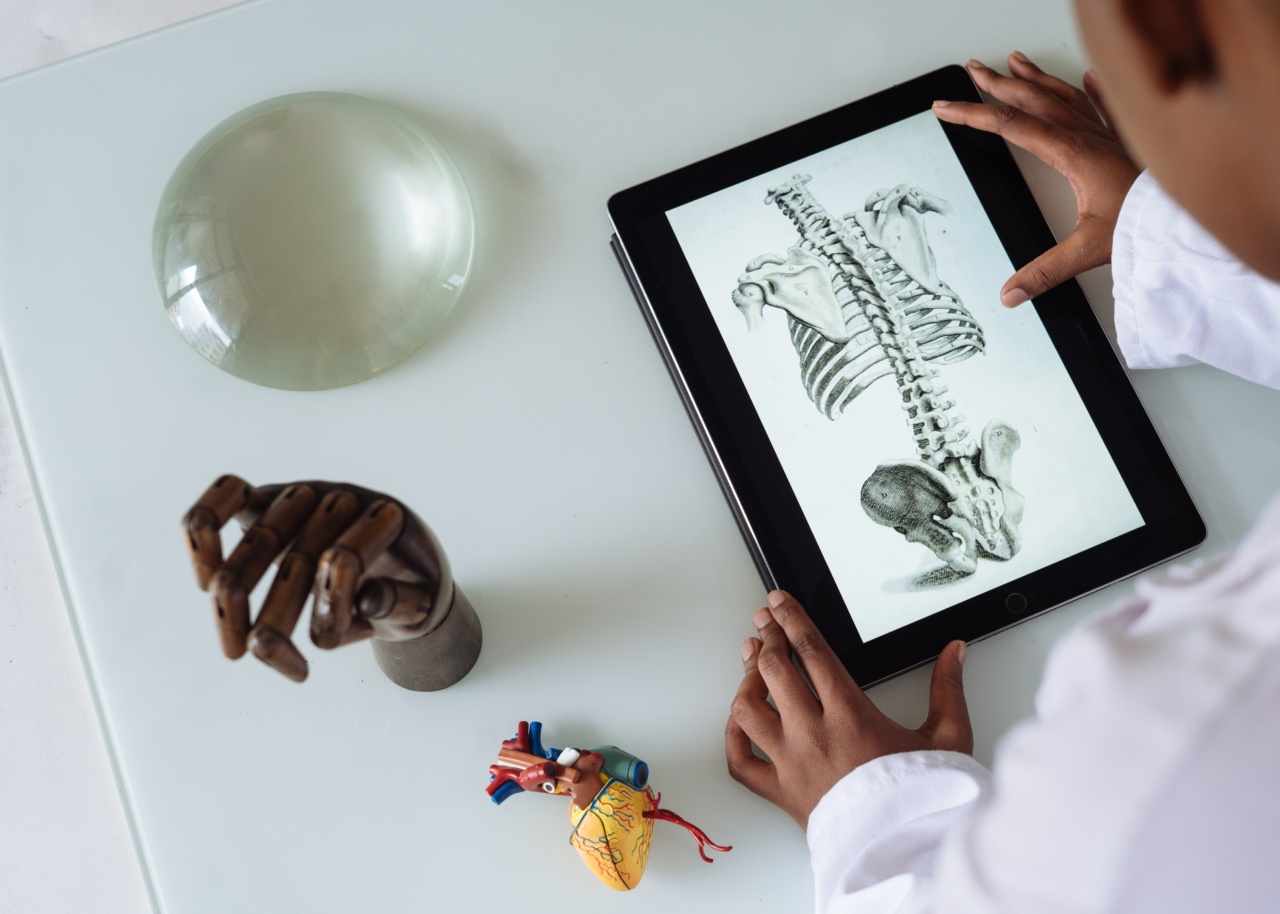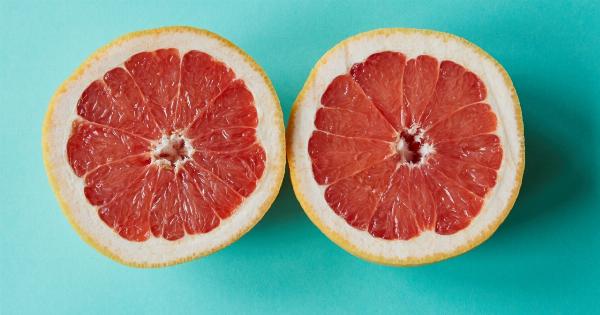Kidney stones can be an extremely painful and bothersome condition that affects millions of people worldwide. These small, hard mineral deposits can form in the kidneys and cause a range of symptoms and complications.
In this article, we will explore all there is to know about kidney stones, including their causes, symptoms, diagnosis, treatment options, and prevention strategies, as gathered from a specialist in the field.
Causes of Kidney Stones
There are several factors that can contribute to the formation of kidney stones. One of the primary causes is dehydration, as inadequate fluid intake leads to concentrated urine, allowing minerals and salts to crystallize and form stones.
Other common causes include:.
1. Diet
A diet high in salt, sugar, and oxalate-rich foods such as spinach, beets, nuts, and chocolate can increase the risk of kidney stone formation.
On the other hand, consuming an adequate amount of calcium-rich foods can actually help prevent the development of kidney stones.
2. Family History
If you have a close family member who has experienced kidney stones, you may be more predisposed to develop them as well. Genetic factors can increase the likelihood of stone formation.
3. Medical Conditions
Certain medical conditions, such as urinary tract infections, gout, and certain metabolic disorders, can contribute to the development of kidney stones.
Additionally, those with gastrointestinal disorders or who have undergone gastric bypass surgery may have an increased risk.
Symptoms of Kidney Stones
Kidney stones may not always cause symptoms, and they can vary in severity depending on their size and location. However, when symptoms do occur, they can be excruciating. Common symptoms of kidney stones include:.
1. Severe Pain
The hallmark symptom of a kidney stone is intense pain in the lower back or side. The pain may come in waves and can be accompanied by nausea and vomiting. The level of pain is often compared to childbirth.
2. Blood in Urine
Kidney stones can irritate and damage the lining of the urinary tract, leading to the presence of blood in the urine. This may be visible as pink or red-colored urine.
3. Frequent Urination
People with kidney stones often experience a persistent urge to urinate. However, only small amounts of urine may be passed due to blockage caused by the stone.
Diagnosing Kidney Stones
If you suspect you may have kidney stones, it is essential to seek medical attention for an accurate diagnosis. A healthcare professional, typically a urologist, will use several methods to diagnose kidney stones:.
1. Medical History
Your doctor will inquire about your symptoms, any previous kidney stone occurrences, and your medical history to better understand your condition and evaluate your risk factors.
2. Imaging Tests
Various imaging techniques can help visualize the presence and location of kidney stones. These may include ultrasound, X-ray, CT scan, or MRI. These tests provide vital information to guide treatment decisions.
3. Urine Analysis
A urine sample may be taken to analyze its composition and look for signs of infection, blood, or abnormal levels of certain substances that could contribute to stone formation.
Treatment Options for Kidney Stones
The appropriate treatment for kidney stones depends on their size, location, and severity of symptoms. Here are some common treatment options:.
1. Water Intake
If the stone is small and likely to pass on its own, increasing water intake can help flush it out. Drinking plenty of fluids can also prevent the formation of new stones.
2. Medications
In some cases, medications may be prescribed to help manage the symptoms associated with kidney stones.
These may include pain relievers, alpha-blockers to relax the ureters, or medications to manage underlying causes, such as gout or urinary tract infections.
3. Extracorporeal Shockwave Lithotripsy (ESWL)
ESWL is a non-invasive procedure used for smaller stones. It involves using shock waves to break the stones into smaller pieces, allowing them to pass more easily through the urinary tract.
4. Ureteroscopy
For larger stones located in the ureter or kidney, a urologist may perform a ureteroscopy.
This procedure involves inserting a thin tube with a camera into the urinary tract to locate and remove the stone or break it into smaller pieces using laser energy.
Kidney Stone Prevention
While kidney stones can be a recurring problem, there are several strategies you can employ to reduce your risk of developing them:.
1. Stay Hydrated
Ensure you drink enough water throughout the day to avoid concentrated urine. Adequate hydration is crucial in preventing the minerals and salts from crystallizing and forming stones.
2. Adopt a Balanced Diet
Follow a diet low in salt, sugar, and oxalate-rich foods. Instead, focus on foods rich in calcium and drink moderate amounts of citrus juices, as they can help prevent stone formation.
3. Exercise Regularly
Maintaining a healthy weight and engaging in regular physical activity can help prevent obesity, a risk factor for kidney stones.
4. Be Mindful of Medications
Some medications, including certain diuretics and calcium-based antacids, can contribute to stone formation. Speak with your doctor about any potential risks before starting new medications.
5. Visit a Specialist
If you have a history of kidney stones or are at an increased risk, consider visiting a urologist or nephrologist who specializes in kidney disorders. They can provide personalized advice and interventions to help prevent stone formation.






























